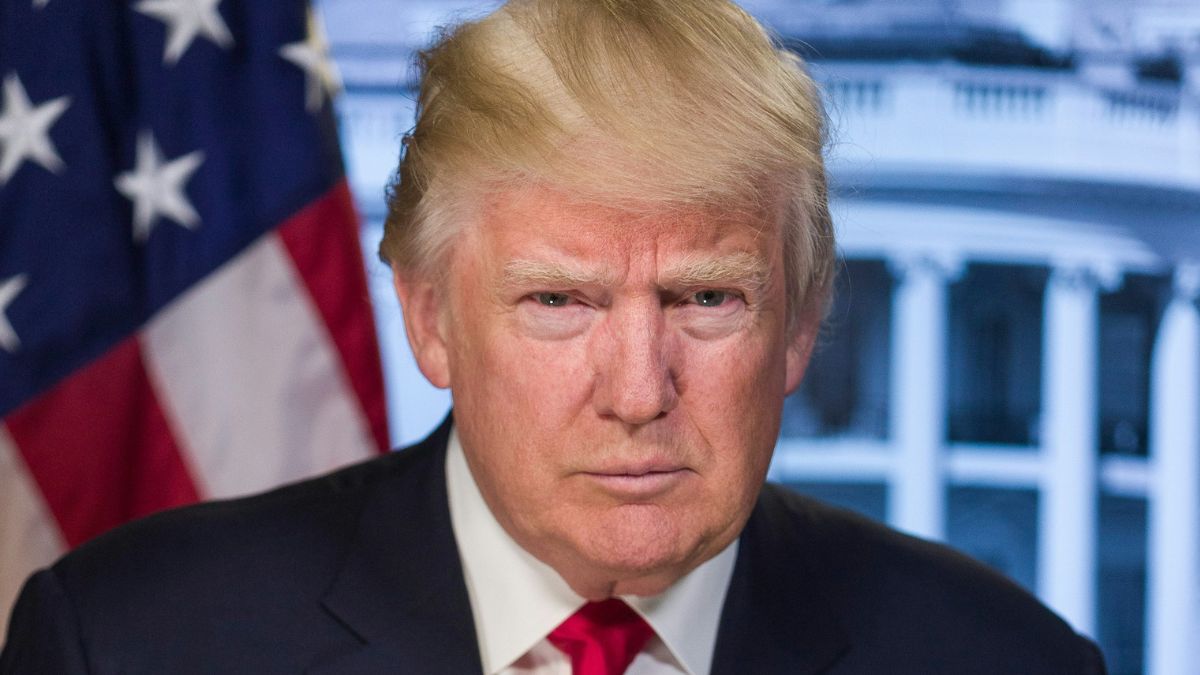The United Nations Security Council on Friday rejected a last-minute proposal by Russia and China to delay the reimposition of sanctions on Iran over its nuclear program. The move paves the way for punitive measures to take effect this weekend, intensifying tensions between Tehran and Western powers.
Iran Sanctions Snapback Approved
The sanctions, triggered by Britain, France, and Germany, aim to freeze Iranian assets abroad, ban arms deals, and penalize missile development after Tehran was accused of violating the 2015 nuclear accord.
The Russia-China resolution, backed by China, Russia, Pakistan, and Algeria, failed with a 4-9 vote and two abstentions, effectively denying Iran more time to negotiate with the European powers and the United States.
“The U.S has betrayed diplomacy, but it is the E3 which have buried it,” said Iranian Foreign Minister Abbas Araghchi after the vote.
🇨🇳🇮🇷 UN SECURITY COUNCIL REJECTS RESOLUTION TO DELAY IRAN SANCTIONS
The UN Security Council voted 4 in favor, 9 against, and 2 abstentions on draft resolution S-2025-539, failing to pass.
– For: China, Russia, Algeria, Pakistan
– Abstain: South Korea, Guyana
– Against: France,… https://t.co/tl7fJDIsE7 pic.twitter.com/07Z5fEecHk— Mario Nawfal (@MarioNawfal) September 26, 2025
Iranian Leaders Condemn Sanctions
Speaking at the UN General Assembly, Iranian President Masoud Pezeshkian called the sanctions “unfair, unjust and illegal”, while assuring that Iran would not withdraw from the Nuclear Nonproliferation Treaty—unlike North Korea in 2003.
Iran’s Supreme Leader, Ayatollah Ali Khamenei, also dismissed the prospects of compromise, calling peace talks with the U.S. “a sheer dead end.”
“The Americans never showed up, what are we supposed to do?” Pezeshkian said, blaming Washington and European nations for blocking progress.
International Reactions
Dmitry Polyanskiy, deputy Russian ambassador to the U.N., criticized the move, stating:
“We had hoped that European colleagues and the U.S. would think twice, and they would opt for the path of diplomacy and dialogue instead of their clumsy blackmail, which merely results in escalation of the situation in the region.”
Despite the rising tensions, the International Atomic Energy Agency (IAEA) confirmed that inspectors remain in Iran, reviewing a second undamaged nuclear site following airstrikes in June by Israel and the U.S.
Snapback Sanctions and Global Impact
Unless an eleventh-hour deal is reached, the sanctions will take effect Saturday, further freezing assets, halting arms deals, and limiting ballistic missile development, adding pressure to Iran’s struggling economy.
The European leaders triggered the “snapback” mechanism last month after accusations of Iran’s non-compliance and failed high-level negotiations. The sanctions are expected to escalate tensions between Iran and the West, with global powers closely watching Tehran’s response.
“Both the E3 and the U.S. have consistently misrepresented Iran’s peaceful nuclear program,” Araghchi added, emphasizing Tehran’s frustration with Western diplomacy.


